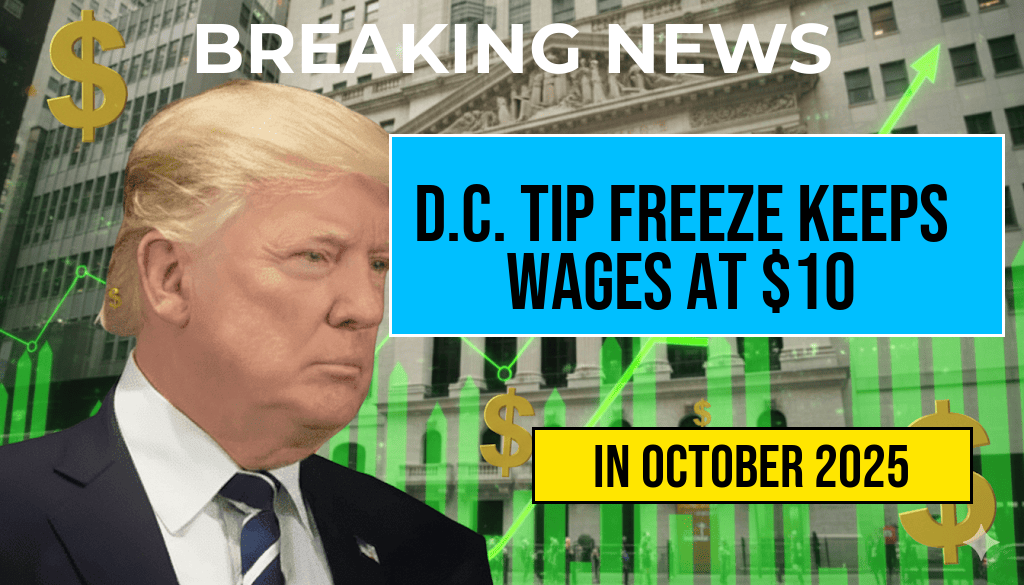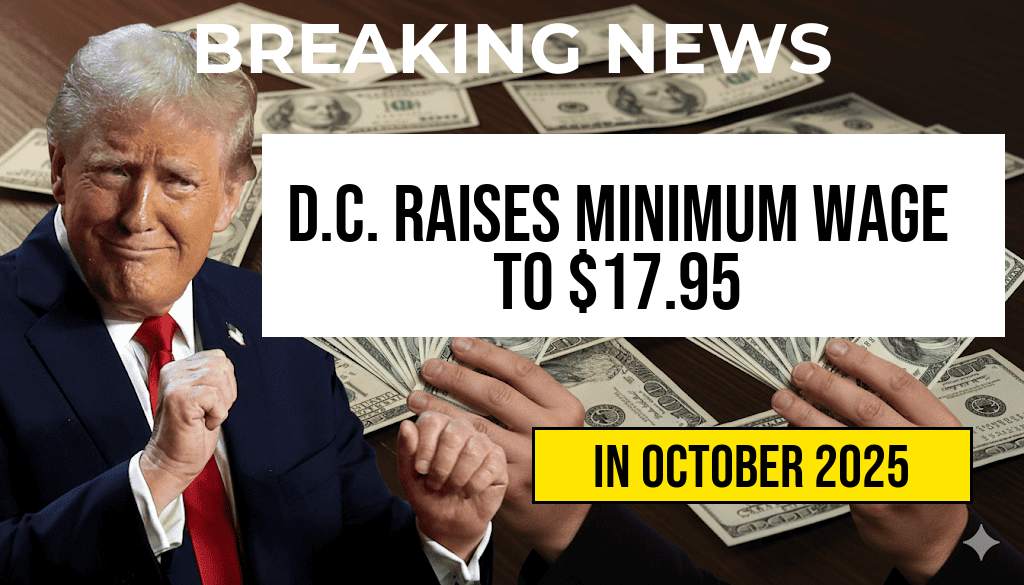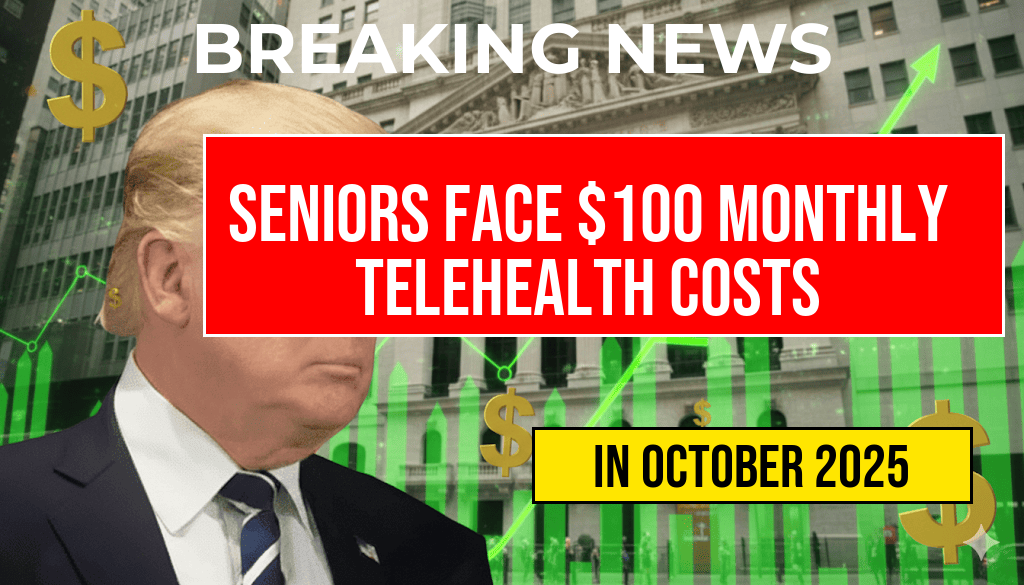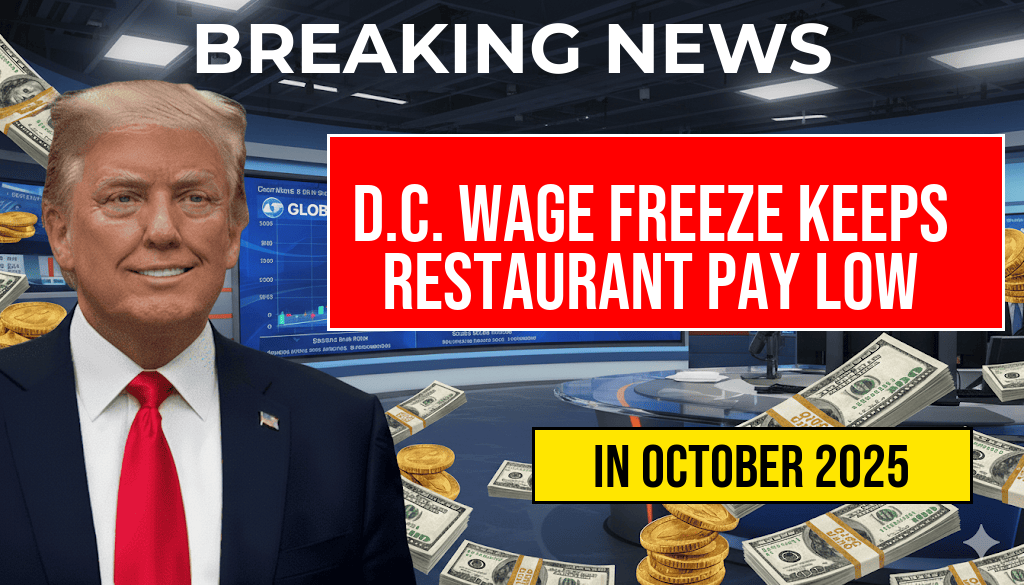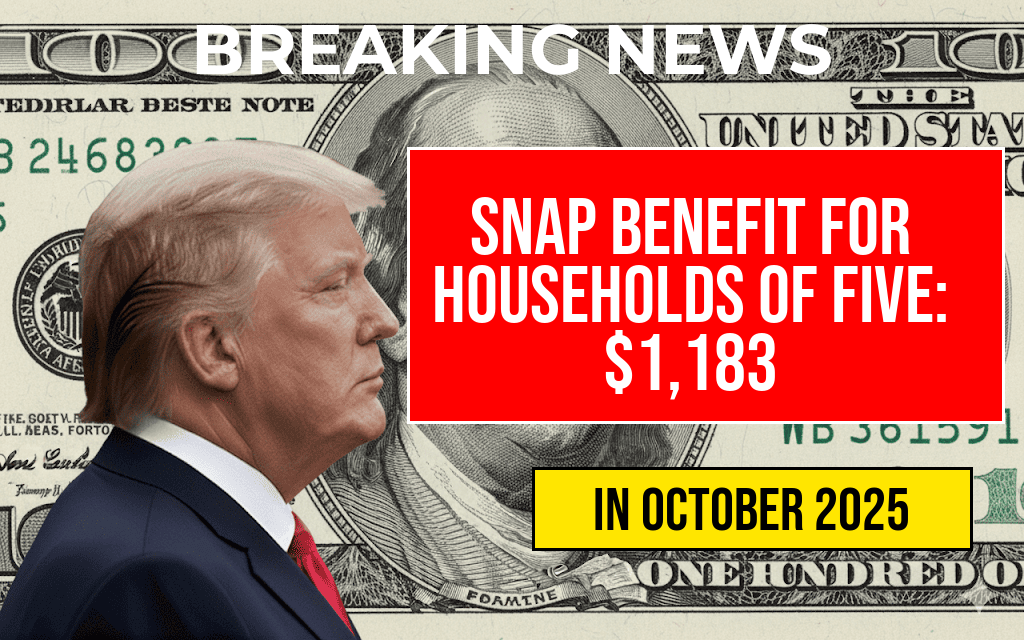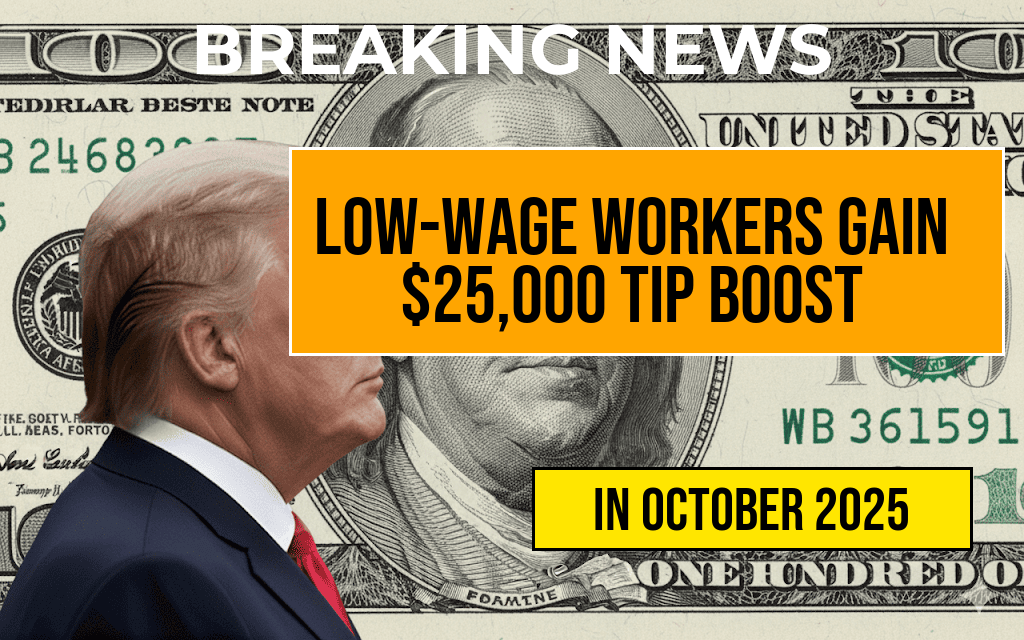In a significant decision that affects thousands of workers in the District of Columbia, the city has announced a freeze on the tip minimum wage until July 2026. This ruling means that many employees who rely on tips, particularly those in the food and beverage industry, will remain at a base pay of $10 per hour. Consequently, these workers will not see an increase in their base wage this year, leaving them in a challenging financial position amid rising living costs. Advocates for tipped workers argue that this freeze disproportionately impacts low-income individuals who depend on tips to supplement their income, raising concerns about economic inequality and the viability of the service industry in the nation’s capital.
Details of the Tip Minimum Wage Decision
The D.C. Council made the decision to extend the tip freeze as part of a broader economic strategy. The current tip minimum wage has not changed since 2021, when it was last set at $10 per hour. The freeze is expected to remain in place until the scheduled review in 2026, leaving many workers feeling the pressure of stagnant wages in a city known for its high cost of living.
Impact on Workers
For many service workers, tips form a substantial portion of their income. The D.C. Department of Employment Services reports that approximately 30,000 workers in the hospitality sector are affected by this tip freeze. As inflation continues to rise, these workers face the challenge of maintaining their livelihoods on a fixed income.
- Many workers report struggling to make ends meet.
- Concerns about the long-term sustainability of the service industry are growing.
- Advocates are calling for a reevaluation of the tip wage structure.
Arguments For and Against the Freeze
Supporters of the tip freeze argue that it provides stability for businesses during uncertain economic times, allowing restaurant owners to manage their payroll more effectively. They contend that raising the minimum wage too quickly could lead to job losses or reduced hours for workers as businesses adapt to increased labor costs.
On the other hand, opponents assert that the freeze places an undue burden on low-wage workers who depend heavily on tips for their income. They argue that the current economic climate, characterized by rising prices for housing, food, and other essentials, necessitates a reassessment of wage structures to ensure fair compensation for all workers.
Reactions from the Community
Community leaders and labor advocates have voiced their discontent regarding the decision. Many argue that maintaining a low base wage for tipped workers is a form of economic injustice, perpetuating a cycle of poverty. Advocates are pushing for legislative changes that would increase the minimum wage for tipped employees, citing studies that show higher wages can lead to improved employee retention and customer satisfaction.
| Year | Tip Minimum Wage |
|---|---|
| 2021 | $10.00 |
| 2022 | $10.00 |
| 2023 | $10.00 |
| 2024 (Projected) | $10.00 |
| 2025 (Projected) | $10.00 |
| 2026 (Projected) | $10.00 |
Future Outlook
The freeze on the tip minimum wage raises critical questions about the future of the service industry in D.C. As the city navigates economic recovery post-pandemic, many are left wondering how this decision will impact both workers and businesses long-term. Stakeholders from various sectors are calling for ongoing dialogue to address the needs of workers while balancing the economic realities facing employers.
With the freeze in place until 2026, the conversation surrounding tipped wages will likely remain a contentious issue in D.C. and beyond. As advocates continue to push for change, the plight of tipped workers will keep the spotlight on the need for fair labor practices in the service industry.
For more information on labor laws and wage policies, visit Forbes or check out the Wikipedia page on minimum wage.
Frequently Asked Questions
What is the D.C. Tip Freeze?
The D.C. Tip Freeze is a policy that temporarily prevents any increases in the tipped minimum wage for service workers in Washington, D.C., effectively keeping their pay at $10 per hour until July 2026.
How does the tip freeze affect service workers’ wages?
The freeze means that thousands of service workers will remain at a tipped minimum wage of $10, resulting in no base wage raise this year, which can impact their overall earnings and financial stability.
Why was the tip freeze implemented?
The tip freeze was implemented as a response to ongoing discussions about wage equity and the financial viability of service workers in the hospitality industry amid changing economic conditions.
What impact does the tip freeze have on customers?
Customers may notice that service workers are still earning a tipped minimum wage of $10, which could influence their tipping behavior and expectations regarding service quality.
When will the tip freeze be lifted?
The tip freeze is set to remain in place until July 2026, after which the minimum wage for tipped workers may be reevaluated and potentially adjusted based on legislative changes and economic factors.

